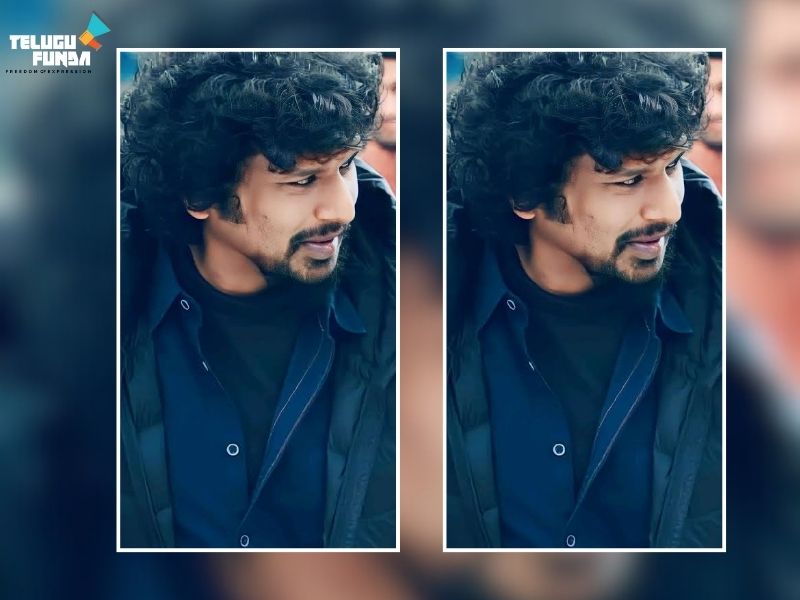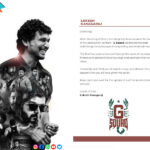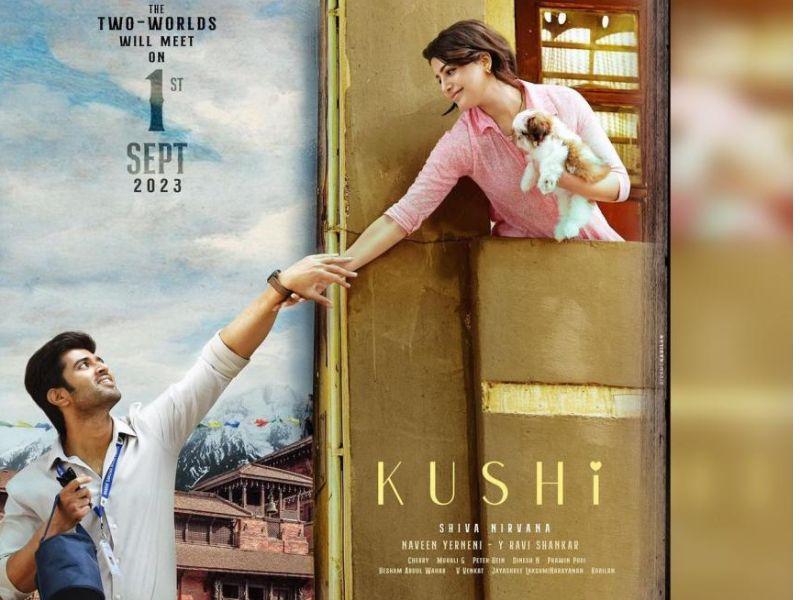The realm of cinema often serves as a reflection of society, pushing boundaries and exploring various facets of the human experience. However, sometimes, the artistic expression can spark controversy and ignite debates. Such is the case with filmmaker Lokesh Kanagaraj, who is now at the center of a legal storm as a petition filed by Raju Murugan from Madurai calls for a psychological examination of the acclaimed director.
Raju Murugan, in a petition filed at the Madurai Bench of the High Court, has demanded a psychological examination of Lokesh Kanagaraj, citing concerns about the content of his latest film, “Leo.” The petitioner argues that the film promotes violence, including the use of weapons, religious symbols, and depicts themes of drug use and violence against women and children.
The crux of the petitioner’s argument revolves around the portrayal of anti-social elements in “Leo.” The film is accused of depicting riots, illegal activities, drug trafficking, and the use of firearms. These allegations have led to a legal battle that raises questions about artistic freedom, societal responsibility, and the impact of cinema on the collective psyche.
Leo, directed by Lokesh Kanagaraj, has garnered attention for its gritty portrayal of societal issues and the dark underbelly of reality. However, the film’s depiction of violence, use of religious symbols, and themes that touch upon drug use have triggered a heated debate. Critics argue that while cinema has the power to shed light on societal problems, it must be done responsibly without sensationalizing or glorifying negative aspects.
The crux of the legal battle lies in the potential impact of “Leo” on its audience. Raju Murugan contends that the film’s portrayal of violence, especially involving women and children, can have a detrimental effect on the psyche of viewers. The petition calls for a psychological examination of Lokesh Kanagaraj to assess the intentions behind such depictions and their potential repercussions on society.
The case raises important questions about the delicate balance between artistic freedom and societal responsibility. Filmmakers often strive to depict reality, even if it’s harsh, to prompt meaningful discussions. However, the responsibility lies in ensuring that such depictions do not inadvertently glorify or endorse harmful behavior.
As the legal proceedings unfold, the case against Lokesh Kanagaraj brings to light the complexities of navigating the fine line between artistic expression and societal impact. The outcome of this legal battle may set a precedent for the future, influencing the boundaries within which filmmakers can explore gritty and realistic themes. It prompts a broader conversation about the responsibilities that come with wielding the influential tool of cinema and the need for nuanced discussions around the impact of artistic content on society.
Follow Telugu Funda on trending Social Media Platforms for more Telugu cinema and OTT updates.










